3 Brothers' Essential Films of 2024
It’s become a truism within online movie circles that “every year is a good movie year.” This past year has put this belief to the test like few before. In 2024, the domestic movie market has never been less promising, presaging a possible collapse of Hollywood, or at least a wholesale shifting of who runs Hollywood and what kind of movies get greenlit.
However, Hollywood is not the entirety of the movie world. Even in a dire domestic year like 2024, there were many fascinating movies worth watching. Our list might be smaller than in past years, owing both to our own limitations on time to watch movies and the lacklustre run of domestic releases, but we still encourage you to seek out these noteworthy films we did catch up with.
Our list’s criteria has never changed:
1. At least one of the Brothers must have seen the film and ranked it good to great. So don’t expect to see movies on here that won’t be released domestically until January or February.
2. If more than one Brother has seen the film, then there needs to be agreement on its quality; films that we disagreed on don’t make the list.
3. No lukewarm or mixed reviews on the list, no matter how popular the film or how much it dominated the discourse.
Here are the 3 Brothers’ Essential Films of 2024.
The Prestige Pic
Anora (dir. Sean Baker)
“As the posters and trailers tell us, Mikey Madison is Anora, or Ani, a New York City stripper and sometimes escort who finds herself in a kind of whirlwind romance with the son of a Russian oligarch. Much of the critical discussion is, I think appropriately, about the central performance. Madison, best known before this for playing Susan “Sadie” Atkins in Once Upon a Time… In Hollywood and appearing in the fifth Scream film, portrays Ani as a bold and self-reliant hustler, but we are swept up in her fairytale in the film’s first half, a romance which isn’t even what she at first thinks it is. There remains something of an unknowability to Ani, both to herself and the audience, which I think results in some significant character shifts, especially by the film's end.” - from 3 Brothers Filmcast: Episode 48
Challengers (dir. Luca Guadagnino)
“Luca Guadagnino’s Challengers is the kind of exciting, sexy, goofy good time that is fairly rare at the movies in 2024. For one, it’s a movie built on star power instead of IP; it’s an original script and a novel concept. It utilizes Zendaya while she enjoys the height of her star power and features two budding new stars in the Hollywood world: Josh O’Connor and Mike Faist. It’s also a movie that is entertainment, first and foremost, but it’s not an action movie or a science-fiction pic. It’s a romantic sports drama that plays like a thriller and shoots tennis matches like action scenes. It’s charged by an exhilarating score from Trent Reznor and Atticus Ross and shot with a playful sense of colour and close-up. It’s a movie that delights in visuals and style and attitude, but it’s not posturing and doesn’t take itself too seriously. It’s a fun movie made for adults, which is worth celebrating and acknowledging, even if you aren’t a member of the Zendaya hive or don’t care about the film’s homoerotic subtext.” - from Aren’s review
A Complete Unknown (dir. James Mangold)
“Critics may hate the genre. Walk Hard: The Dewey Cox Story might have fatally skewered it in 2007. But there’s no getting around the fact that the musical biopic is popular. And what’s more, it can often be effective. There’s an honest appeal to a largely true story about a popular real-life figure making great music. And when it’s done well, as in James Mangold’s A Complete Unknown, the musical biopic can be genuinely compelling in addition to entertaining.” - from Aren’s review
Conclave (dir. Edward Berger)
“Conclave is oh so serious and oh so silly in a way that only a movie adapted from a paperback thriller can be. Set during a papal conclave, the mystery thriller dabbles in politics and theology, but it’s mostly about self-serious pulp. It’s compulsively watchable, well acted, and ends with a truly goofy final twist that clarifies just how silly the material has been the entire time. I enjoyed it a lot, but let’s not kid ourselves about its profundity.” - from Aren’s review
Dune: Part Two (dir. Denis Villeneuve)
“t doesn’t back away from the novel’s challenging ending, posing a challenge to audiences reared on simplistic hero narratives. Dune: Part Two emotionally engages us with a hero whose own visions suggest that to follow his path to the ending audiences are primed for will result in war, genocide, and heartbreak.” - from 3 Brothers Filmcast: Episode 40
Juror #2 (dir. Clint Eastwood)
“Leave it to 94-year-old Clint Eastwood to rejuvenate a moribund movie season with a film that feels like a classic Hollywood drama in all the best ways. The success of Juror #2 starts with the debut script from Jonathan Abrams, which conjures the ideal dramatic scenario to showcase the endless moral complexities of the justice system. It continues with the cast, particularly Nicholas Hoult and Toni Collette, who refuse to overplay the material and instead allow every nuance of the film’s moral inquiry to play out in their performances. And it all comes together due to Eastwood’s deft, mostly hands-off, approach to classical Hollywood filmmaking.” - from Aren’s review
Nosferatu (dir. Robert Eggers)
“The essential achievement of Robert Eggers’ remake of Nosferatu is that it breathes new life into an old tale. This isn’t some cheap conjurer’s reanimation, a lifeless corpse going through the motions to amuse audiences. Nor is it an arrogant revision, seeking to change the makeup and meaning of the tale in order to criticize or correct the original. Eggers’ remake does revise and reverse certain things, but it always respects the power and truth of the original tale and therefore manages to recover the effect of its elemental horror.” - from Anton’s review
Sing Sing (dir. Greg Kwedar)
“Based on the plot description and the rave reviews of easily-baitable critics, it’s easy to assume that Sing Sing is a cloyingly inspirational feature, one that uses its “based on a true story” narrative, prison setting, and blend of real life and fiction to tug at the heartstrings of a viewer who is primed for any message that combines art with social justice. We’re lucky, then, that Sing Sing is only occasionally the film it could so easily be throughout. Mostly, Sing Sing is a performance showcase, as in, a showcase for the professional actor Colman Domingo and the real men of the Rehabilitation Through the Arts (RTA) program at Sing Sing Maximum Security Prison. But it’s also a showcase of performance and the theatrical process of learning to act. In its best moments, it plays like a fly-on-the-wall documentary about the acting process and about how to transform tense non-professional performers into confident actors.” - from Aren’s review
The Multiplex
The Bikeriders (dir. Jeff Nichols)
“Like many of Jeff Nichols’ films, save the exceptional Mud and Take Shelter, The Bikeriders is a riveting work moment-to-moment, surprisingly deft with character and tone and humour, but somewhat in search of a dramatic thrust to propel the movie from good to great. The movie operates as a Midwestern, biker gang-version of Goodfellas, with vivid, loose narration from Jodie Comer’s hard-done-by Kathy, wife to the young biker hotshot Benny (Austin Butler). The narrative charts the emergence and transformation of the Chicago-area biker gang, the Vandals, in the late 1960s.” - from Aren’s review
Civil War (dir. Alex Garland)
“Alex Garland’s Civil War is not what you’d expect from the trailers and discourse. It is more a formalist provocation and exploitation film than an ideological treatise on the current political state of the United States of America. This is not exploitation, however, in the way people typically think of trashy 1960s and 1970s B-movies—this is an A24 production, after all. Nevertheless, Garland is trying to provoke the viewer with how the violence is depicted on screen and, in doing so, Civil War taps into the lurid thrills that such explicit content can generate in the viewer. The goal is to make us wonder why we’re so obsessed with the idea of civil conflict in the United States in the first place.” - from Aren’s essay
Gladiator II (dir. Ridley Scott)
“Notwithstanding my concern about Hollywood’s dire lack of originality, I’m glad to report that Gladiator II continues 2024’s general success with sequels. I thought Twisters was an exciting throwback to an earlier, 1990s style of Hollywood blockbuster. I enjoyed the character interactions of Beetlejuice Beetlejuice, even if its narrative was messy. (Heck, I even liked Joker: Folie à Deux more than most people in the world). Gladiator II has a sturdier narrative than Beetlejuice 2, and its high points exceed those in Twisters. It is not a masterpiece or a sequel for the ages, and it definitely is a meta-legacy sequel, but it also delivers the most rousing action spectacle of recent years, right up there with this year’s Dune: Part Two.” - from Anton’s review
Hit Man (dir. Richard Linklater)
“Richard Linklater’s Hit Man is a classical Hollywood film in many respects. It blends various genres, most notably film noir and romantic comedy, and has a decidedly 1940s approach to entertainment that relies on star power, romantic chemistry, and a willingness to play its seemingly dark subject matter for laughs. It’s a total blast and further proof that Linklater is a talented Hollywood crowd pleaser when he strays from indie experimentation.” - from Aren’s review
Furiosa: A Mad Max Saga (dir. George Miller)
“When Mad Max: Fury Road debuted in 2015, it hit like a bolt of lightning. Or perhaps like an infusion of nitrous oxide to the system of action cinema, offering a supercharged upgrade to the post-apocalyptic car chase series that returned after 30 years elapsed since Mad Max Beyond the Thunderdome. Furiosa: A Mad Max Saga arrives without such a large gap since the last film and it maintains a much closer relationship to its direct predecessor, Fury Road, than Fury Road did to earlier Mad Max movies. Whereas Fury Road repeated the motifs and themes of the earlier films while essentially being its own thing, Furiosa is a proper prequel to Fury Road. The film explores the backstory of Imperator Furiosa, now played by Anya Taylor-Joy in the role originated by Charlize Theron in Fury Road. At the same time, it also broadens the canvas of the post-apocalyptic world while delving more deeply into how its particular social and environmental dynamic emerged: a world, as Max described it in the previous film, ‘reduced to a single instinct: survival.’” - from Anders’ review
Joker: Folie à Deux (dir. Todd Phillips)
“The first Joker did the seemingly impossible. The comedy director of Old School and The Hangover trilogy, Todd Phillips, made a serious comic book movie entirely devoid of superhero action and crime fighting. Instead, the film slowly brings us inside the head of Arthur Fleck as he transforms from put-upon loner to clown killer. The film was a box office smash, the subject of considerable controversy and debate, and it won Joaquin Phoenix his Best Actor Oscar. Why try to follow-up that unlikely, strange success with a sequel? The easy answer would be more money, but with Joker: Folie à Deux, Phillips seems comfortable alienating mainstream audiences.” - from 3 Brothers Filmcast: Episode 47
Late Night with the Devil (dir. Colin and Cameron Carines)
“Colin and Cameron Carines’ Late Night with the Devil has a brilliant conceit: most of the movie is presented as a TV broadcast of a fictional 1970s late-night show called Night Owls with Jack Delroy, a competitor of The Tonight Show Starring Johnny Carson. Most shots are presented as analog multi-cam broadcast shots: full frame with slightly muted colours. There are cuts to the studio audience and reaction shots from the band and sidekick. There are even intertitle cards and commercial breaks. This approach makes Late Night with the Devil a novel approach on the found-footage subgenre, which has mostly fallen out of favour in recent years. The film’s limitations are straightforward: the more it breaks from its conceit, the less interesting it gets. Nevertheless, the total effect of the stylistic approach, digressions and all, makes for a compelling 93 minutes.” - from Aren’s review
Rebel Ridge (dir. Jeremy Saulnier)
“Rebel Ridge is a taut thriller with a terrific lead performance and an impressive level of tension in its various set pieces. The latest film from Blue Ruin and Green Room director Jeremy Saulnier, the movie is a return to form after the disappointing Alaska-set mystery, Hold the Dark, from 2018. Unlike Hold the Dark, Rebel Ridge is more of a piece with Green Room, as it puts a protagonist in the wrong place at the wrong time and pits him against a bunch of hateable, cowardly villains. While the villains of Green Room were a gang of neo-Nazis outside Portland led by a club owner played by Patrick Stewart, the villains of Rebel Ridge are a bunch of Southern cops led by a scumbag chief played by Don Johnson. Both films establish a time and place, ratchet the tension, and then let it uncoil. Green Room is the better movie, but both are unmistakably the work of the same artist.” - from Aren’s review
Twisters (dir. Lee Isaac Chung)
“Who’d have thought that Lee Isaac Chung, the director behind Minari (2020), a gentle indie drama about a South Korean immigrant family starting a farm in Arkansas, would produce the most fun classical Hollywood blockbuster since 2022’s Top Gun: Maverick? The lyrical, quiet charms of Minari won over many critics and secured a Best Picture nomination at the 2021 Oscars. I and many others found that film a soothing antidote to the chaos of the dark pandemic days (as we talked about on Episode 5 of 3 Brothers Filmcast).” - from Anton’s review
Wallace & Gromit: Vengeance Most Fowl (dir. Merlin Crossingham & Nick Park)
“Instead of a stale retread or simply a grasp at nostalgia, the newest adventure of the eccentric inventor and his loyal canine companion is a sturdy and entertaining family adventure that offers plenty of laughs and visual inventiveness.” - from Anders review
The Wild Robot (dir. Chris Sanders)
“A cute movie about the challenges of motherhood. The story beats are familiar, but the animation is incredible. Like the How to Train Your Dragon movies, this is a good reminder that Dreamworks is capable of pushing the envelope when it comes to animation, even if it'll never master story arcs quite like Pixar.” - from Aren’s Letterboxd blurb
The Arthouse
By the Stream (dir. Hong Sang-soo)
“Is By the Stream better than Hong Sang-soo’s previous films, or am I simply becoming more fond of his low-fi storytelling approach? Whatever the case, By the Stream is a pleasure, an easygoing arthouse piece that lulls you in with quiet conversations over soju and then surprises you with its insightful comments on art and the reasons we make it.” - from Aren’s review
Evil Does Not Exist (dir. Ryusuke Hamaguchi)
“It’s hard to know what to make of Ryusuke Hamaguchi’s Evil Does Not Exist, but I do know that the movie is beguiling and beautiful. And that’s even before mentioning the ending that I’m still thinking about weeks after having watched the film. It’s the sort of ending that would be destined to fuel endless thinkpieces if it were present in a major studio release (and still inspires a few from the online cinephile crowd).” - from Aren’s review
Mandoob (dir. Ali Kalthami)
“In the Western imagination, Saudi Arabia is usually a land of stereotypes and caricatures: bearded Arab men in robes wearing red keffiyehs; Muslim pilgrims circumnavigating the Kaaba during the Hajj; massive oil fields lighting up the stark desert. The reality, as is always the case, is more complex. Ali Kalthami’s Mandoob, his debut feature about a down-on-his-luck food delivery man navigating the Saudi capital Riyadh, offers a corrective to our limited Western imagination about Saudi culture. It’s a compelling character piece with a refreshing dose of comedy that has the added benefit of letting Western viewers see Saudi Arabia on its own terms.” - from Aren’s review
Seven Veils (dir. Atom Egoyan)
“There’s a shot early in Atom Egoyan’s Seven Veils where Amanda Seyfrield’s opera director Jeanine walks onto the stage during a rehearsal while footage of a small girl in the woods is projected onto the backdrop. Jeanine walks forward until her silhouette consumes the figure of the girl on the screen. In this moment, visually, symbolically, emotionally, Jeanine and the girl become one and the same. The shot epitomizes Egoyan’s artistic viewpoint in Seven Veils, perhaps even the artistic viewpoint of his entire career: that art will always reveal our innermost struggles, whether we want it to or not.” - from Aren’s review
Snow Leopard (dir. Pema Tseden)
“While it’s tragic that Pema Tseden never lived to see the release of Snow Leopard, it’s almost fitting the film is made by a person who has transcended our mortal coil. Such is the film’s spiritual quality, one where the land and the people and the animals that inhabit it share a pulse that goes beyond material understanding.” - from Aren’s review
The Hot Doc
Agent of Happiness (dir. Arun Bhattarai and Dorottya Zurbó)
“The Himalayan kingdom of Bhutan is famous for its Gross National Happiness index, which tracks the happiness of the country’s population rather than its Gross Domestic Product. But how is this GNH determined and what exactly goes into the process of rating a nation’s collective happiness? Arun Bhattarai and Dorottya Zurbó’s Agent of Happiness answers these questions as it follows the government agents who go door to door across the mountainous country to interview citizens and rate their happiness using dozens of questions pertaining to different aspects of life. It’s a fascinating look at a curious national process and a perceptive interrogation of the very definition of happiness.” - from Aren’s review
Dahomey (dir. Mati Diop)
“What is the value of art? Is it historical? Political? Purely aesthetic? How would the art speak on its own behalf if it had the chance, especially if it were displayed in a land far from where it was made and in a cultural context it was never made for? Mati Diop's Dahomey ponders these questions as it charts the return of 26 royal treasures from France to Benin. I find some of the more didactic moments ponderous, but I'm fascinated with the overall approach of the film and its attempt to capture the point of view of the art itself. It's also very much worthwhile simply as a formal exercise.” - from Aren’s Letterboxd blurb
How to Rob a Bank (dir. Stephen Robert Morse and Seth Porges)
“Fascinating character study with a whip-fast pace and great archival footage that conveys the sort of personal insight that most true crime documentaries can never pretend to. Never feels exploitative, but doesn't lose sight of being entertainment either. The Point Break connections make it even better.” - from Aren’s Letterboxd blurb
Made in England: The Films of Powell and Pressburger (dir. David Hinton)
“Do you like video essays? How about documentaries hosted and produced by Martin Scorsese? If the answer is yes on both accounts, you’ll likely adore Made in England: The Films of Powell and Pressburger. The film is Scorsese’s personal journey through the films of British filmmaking titans Michael Powell and Emeric Pressburger, collectively known as “The Archers” (the name of their production company), which have had enormous influence on Scorsese’s own work. Narrated solely by Scorsese and featuring nothing but archival footage, clips of movies, and an interview with Scorsese, Made in England works through the chronology of Powell and Pressburger’s partnership from the early 1940s through to the late 1950s. Scorsese offers a passionate examination of each film while underlining their unique artistic qualities and impact on his own life and work. It’s a tad long—what else is new with Scorsese’s work in the 21st century?—but it’s a delightful journey through the history of cinema for anyone interested in the great films of the past century.” - from Aren’s review





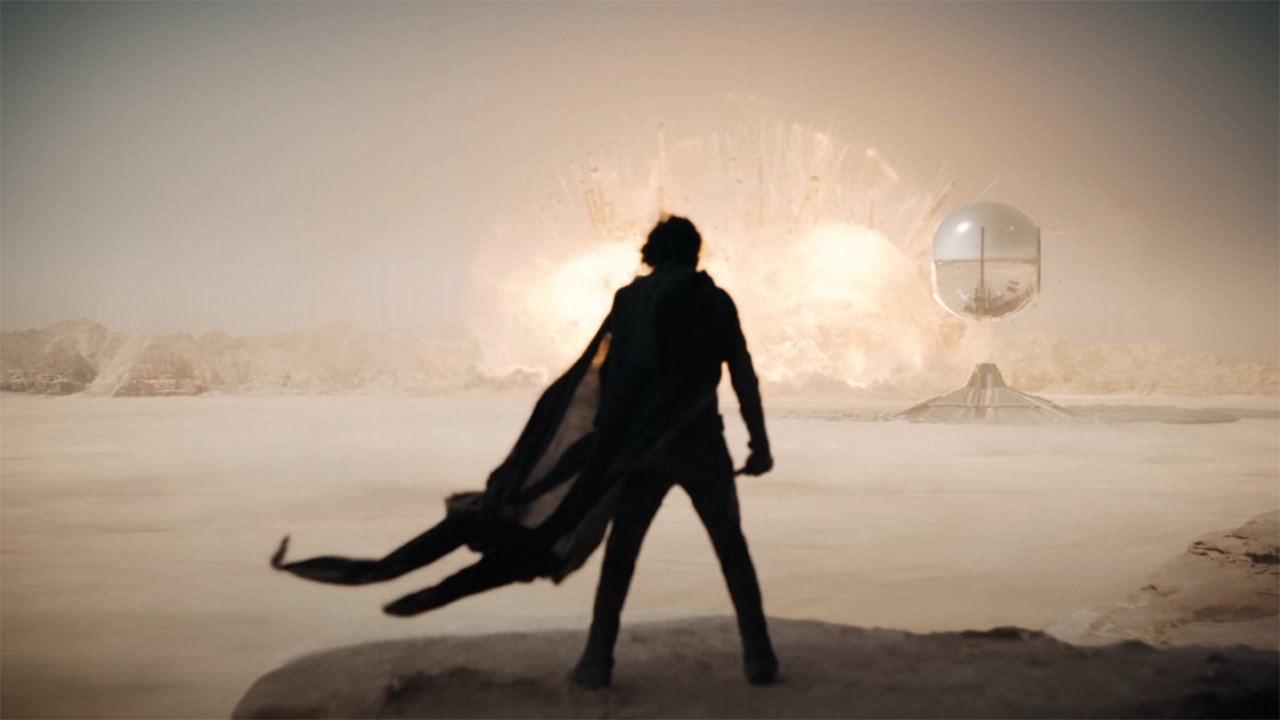













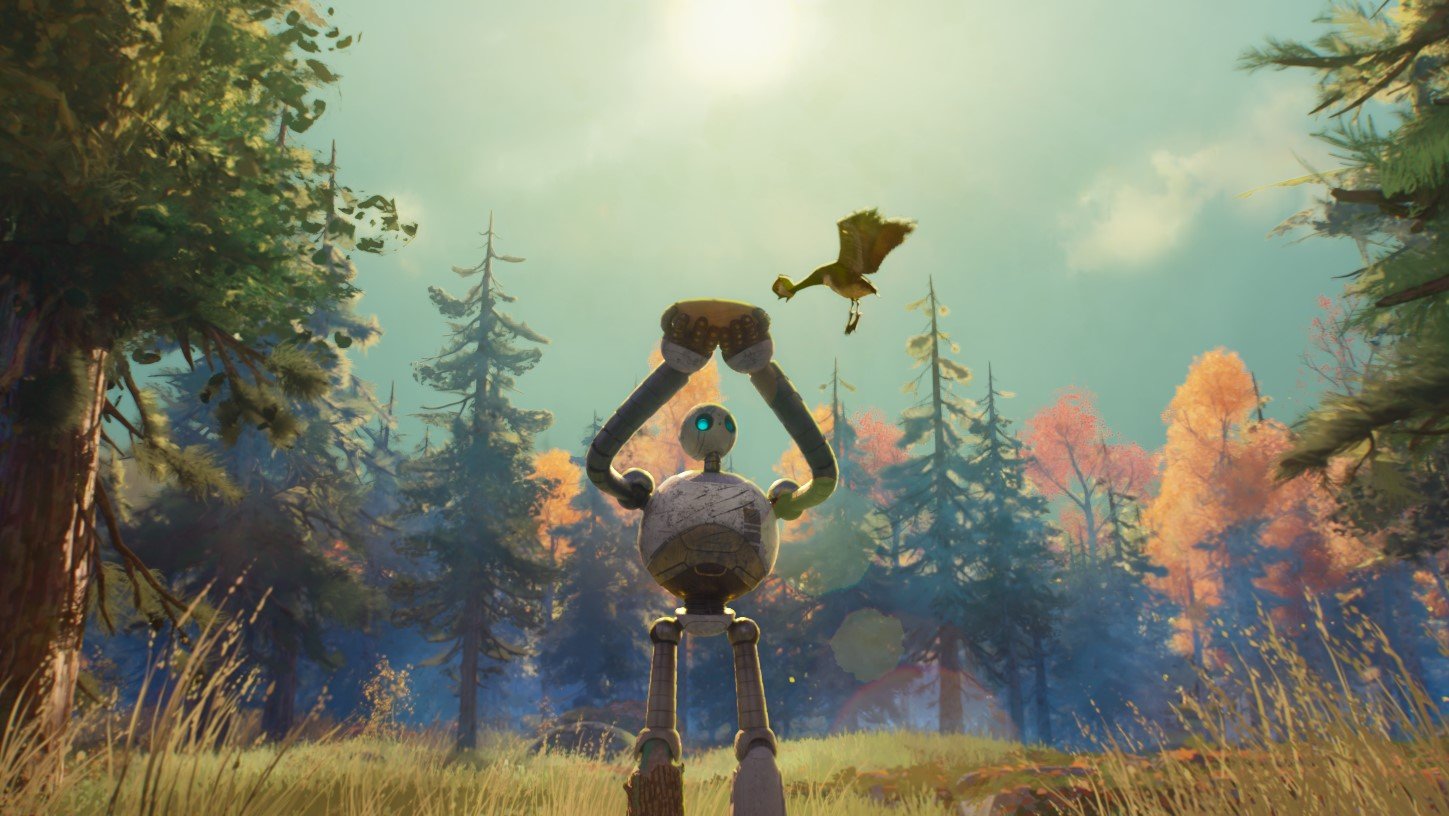

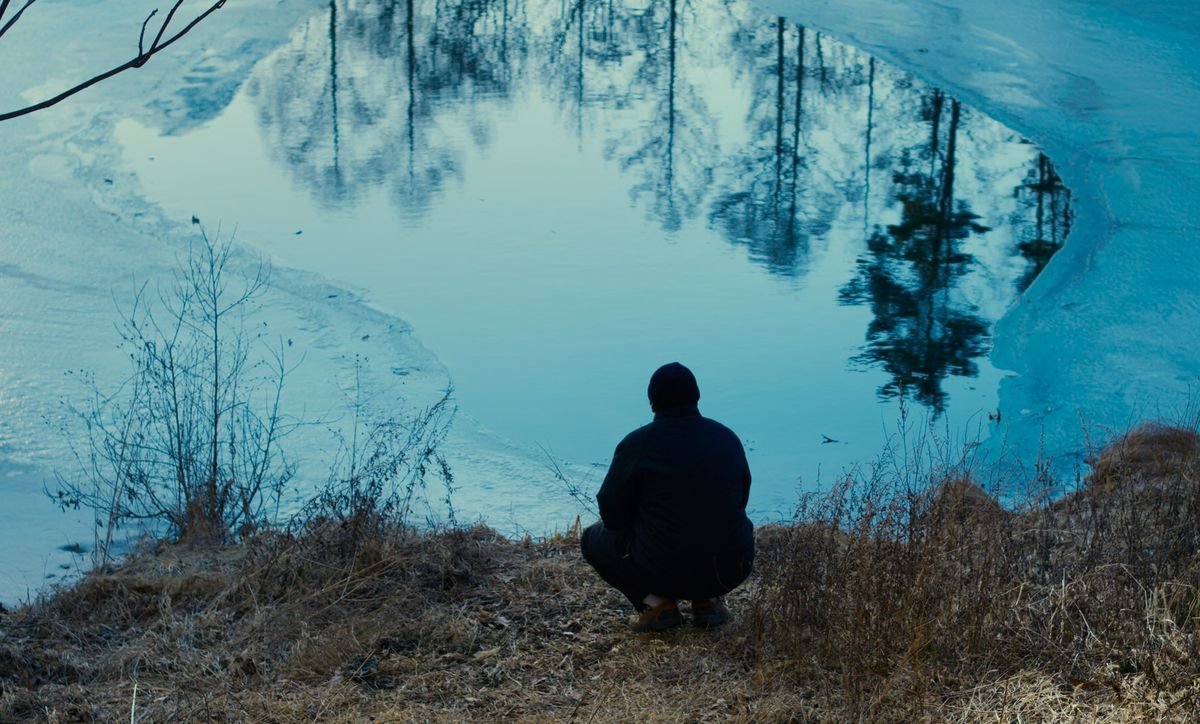


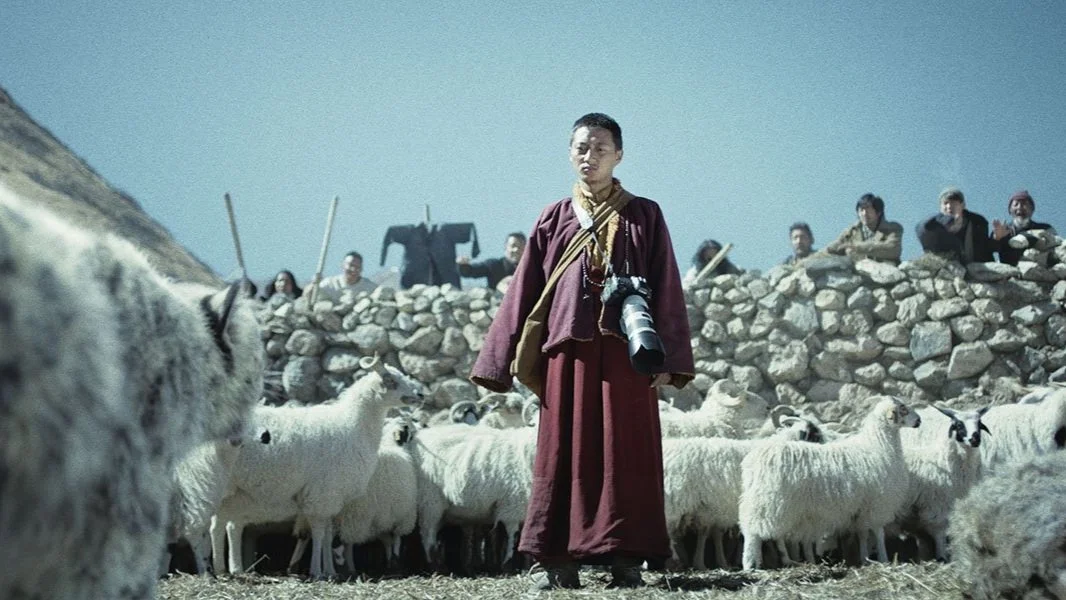

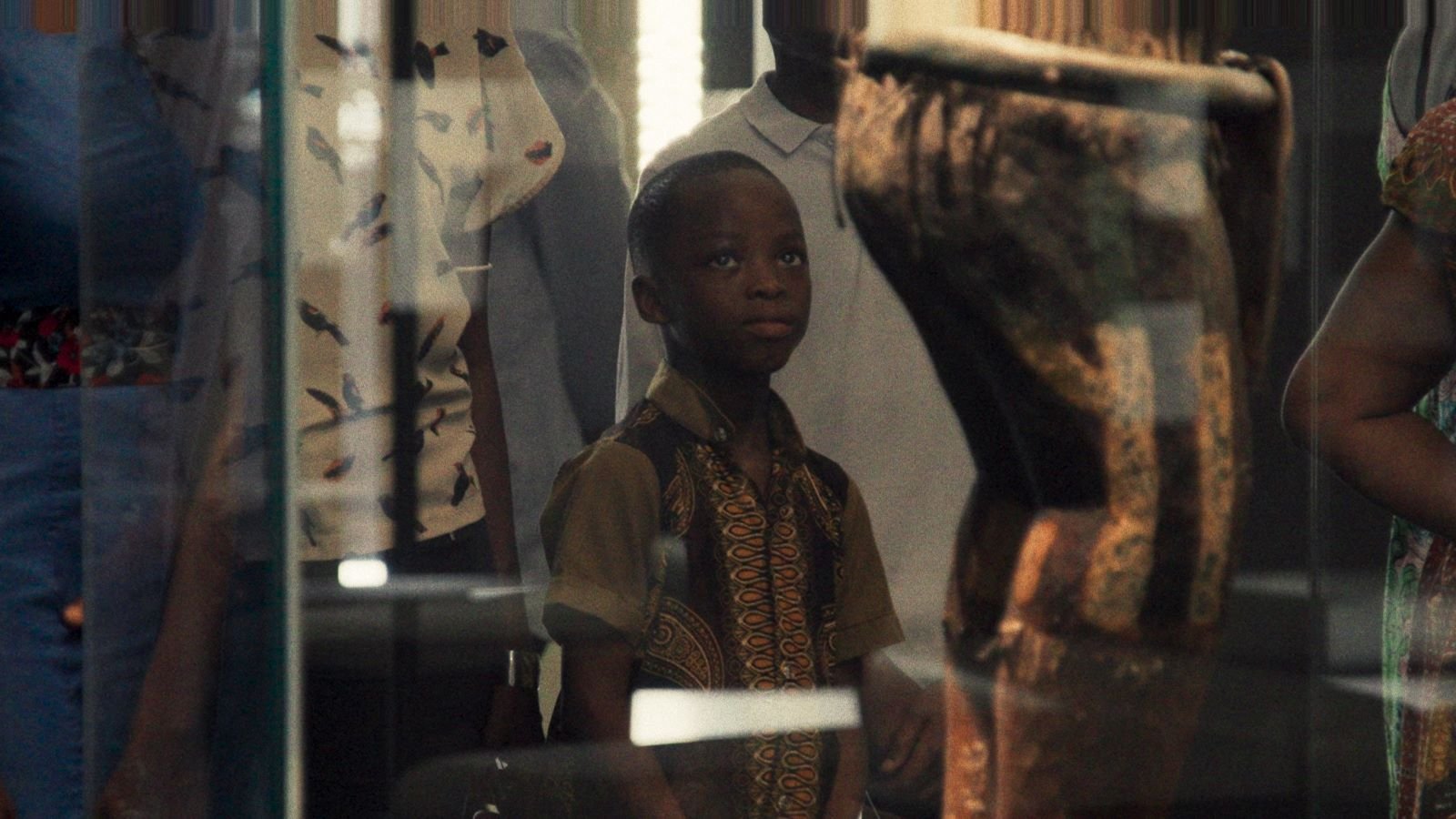


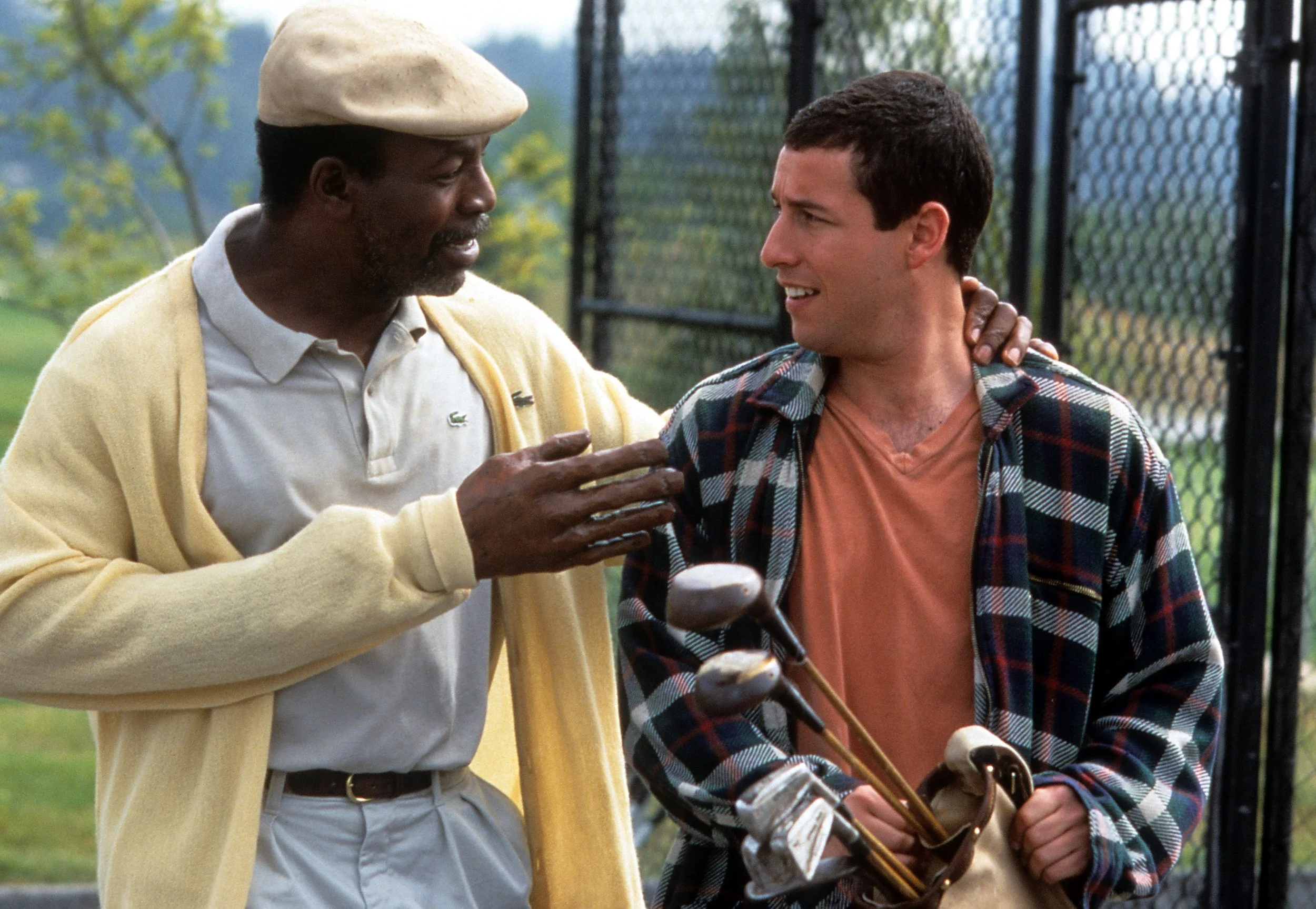

Anton analyzes Emerald Fennell’s Wuthering Heights as an adaptation of Emily Brontë’s literary classic.